Black Heritage in Racing
Explore Kentucky Derby Museum's newly expanded exhibit. Now 20 times larger, this exhibit is featured in a prominent location on the first floor of the Museum, with more room to showcase artifacts and incredible stories. Guests will learn about the exceptional horsemen from the early days of horse racing, including Oliver Lewis, the first jockey to win the Kentucky Derby in 1875 aboard Aristides; Ansel Williamson, who trained Aristides; and Jimmy Winkfield, a Kentucky native who won back-to-back runnings aboard His Eminence in 1901 and Alan-a-Dale in 1902. Modern times are also explored, including the stories of Raymond Daniels and Greg Harbut, owners of 2020 Derby contender Necker Island.
Thank you to our Sponsors
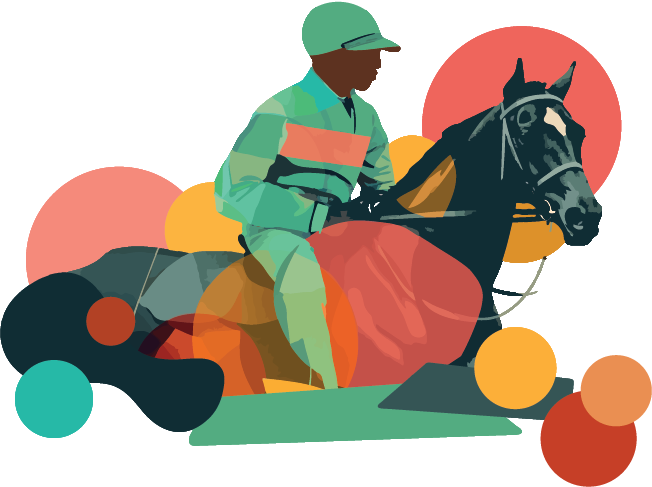
We are proud to be a Louisville destination where you can use augmented reality to see Black history come alive! Thanks to Kentucky Black Trailblazers, you can scan the QR code outside the Museum to virtually meet Oliver Lewis, the jockey who won the 1st Kentucky Derby.
Learn more about the Kentucky Black Trailblazors Experience and to find other participating locations: kentuckyblacktrailblazers.com
Here are some of the legends featured in this BHIR exhibit:
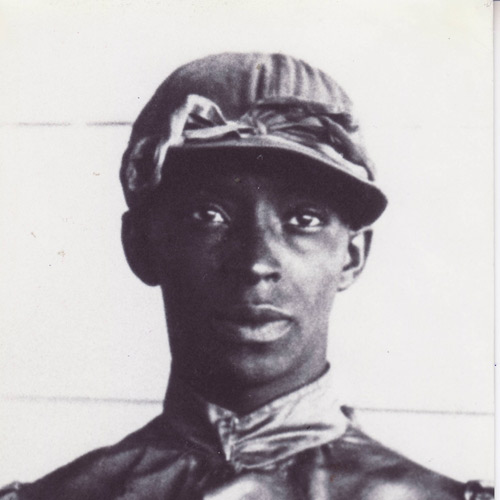
Jimmy Winkfield:
A Kentucky native who rode in the Kentucky Derby four consecutive years and won back-to-back runnings aboard His Eminence in 1901 and Alan-a-Dale in 1902. He is the most recent black jockey to win the Kentucky Derby. He left the United States for Russia in 1904 where he had even greater success. After the Bolshevik Revolution led to the formation of the Soviet Union, Winkfield relocated to France and was living there at the time of his death in 1974. He was inducted in the National Museum of Racing’s Hall of Fame in 2004.
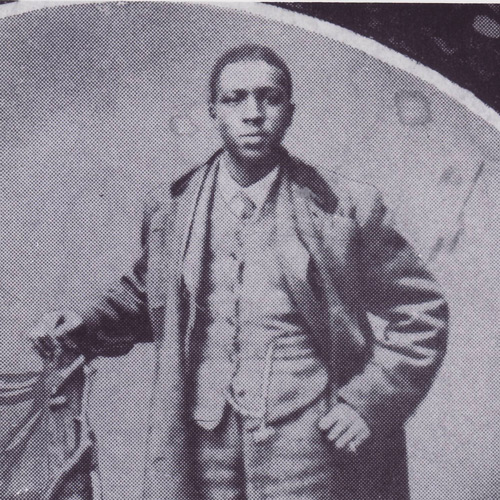
Oliver Lewis:
A native of Fayette County, Kentucky, won the first Kentucky Derby in 1875. He never rode in another Derby. He later became a bookmaker (a legal venture at the time) and wrote detailed handicapping charts that served as precursors to those found today in publications such as the Daily Racing Form.
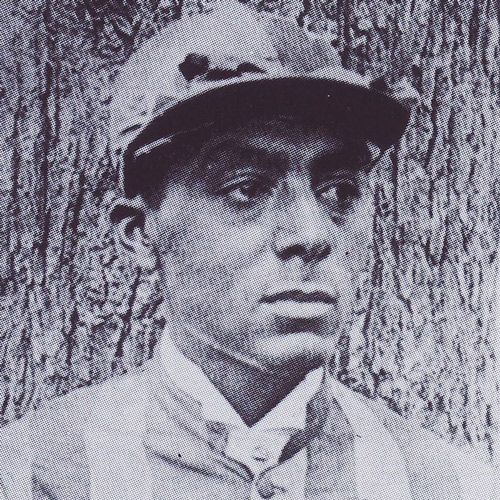
Isaac Murphy:
Born the child of enslaved persons in the area of Clark County, Kentucky. He was the first jockey to win the Derby on three occasions and in consecutive runnings with Buchanan in 1884, Riley in 1890 and Kingman in 1891. At the age of 35, he died after a brief battle with an illness. He was honored as an original inductee into the National Museum of Racing’s Hall of Fame in 1955.
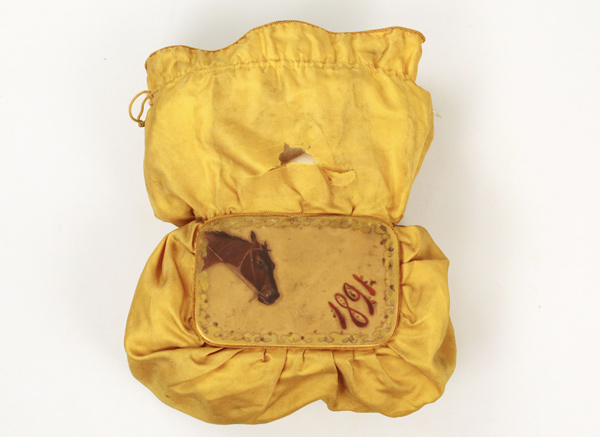
Five Artifacts with Historical Significance:
A diverse group of people have contributed to the history of the Kentucky Derby. We have chosen five artifacts to help tell the stories and contributions that African Americans have made in Thoroughbred racing.
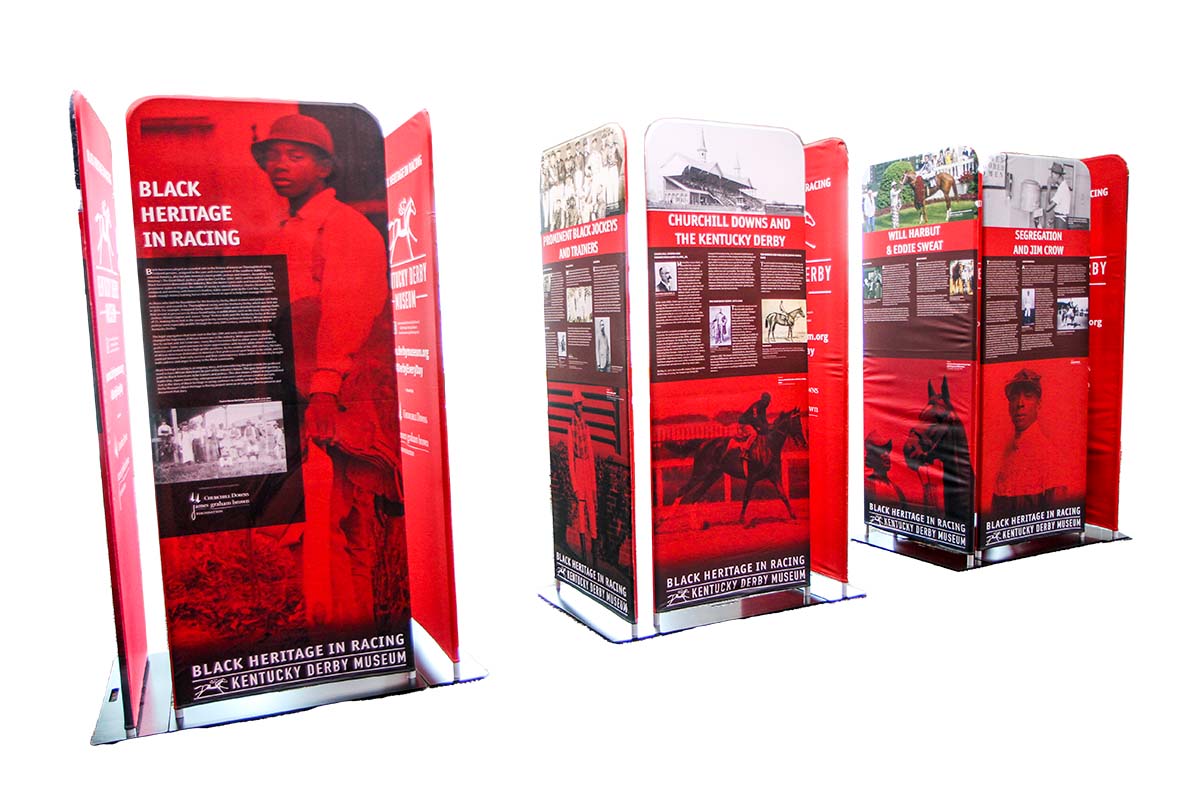
Black Heritage in Racing Traveling Exhibit
The Black Heritage in Racing traveling exhibit serves as a companion piece to the Black Heritage in Racing permanent exhibit at the Kentucky Derby Museum. Beginning in the era of settler colonialism in what would eventually become the United States, the exhibit details how enslaved Africans laid the foundation for horse racing in this part of the world. The exhibit continues by showing how crucial Black Americans were to the early success of the Kentucky Derby; how the era of segregation and Jim Crow drove African Americans from the industry; telling the stories of Black Americans that served as primary caretakers for horses in the 20th century and detailing the initiatives of the Black community to increase the participation of African Americans in the industry in the modern era.
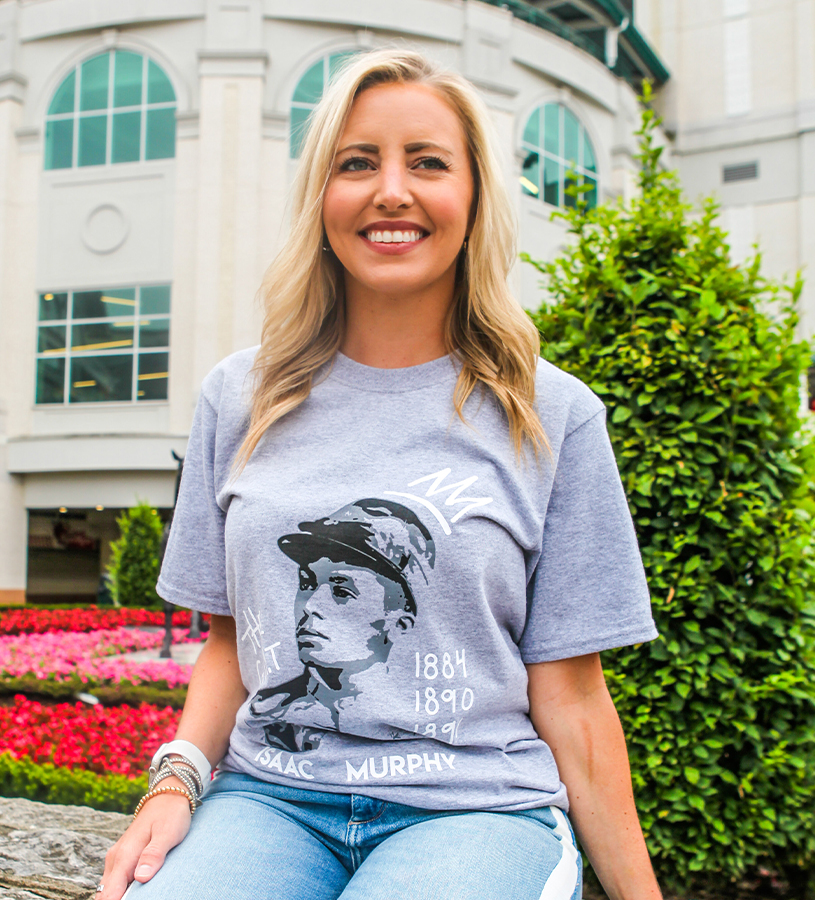
Isaac Murphy Merch
This t-shirt celebrates black jockey, Isaac Murphy who rode in eleven Kentucky Derbies, winning three times: on Buchanan in 1884, Riley in 1890, and Kingman in 1891. Murphy is the only jockey to have won the Kentucky Derby, the Kentucky Oaks, and the Clark Handicap in the same year (1884).



